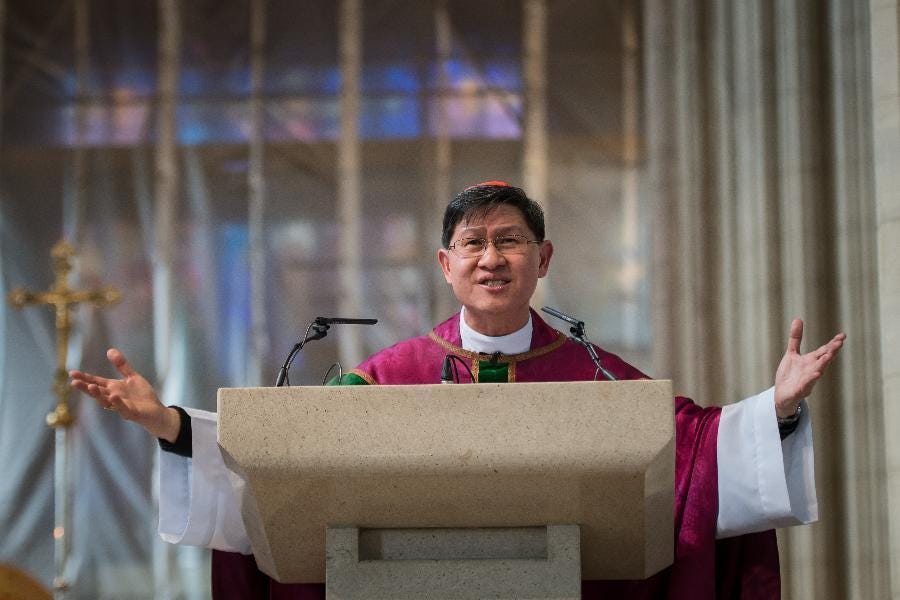Former Caritas sec gen: ‘Cardinal Tagle was an effective leader’
Michel Roy says changes at Caritas International are a 'grave' matter
Michel Roy served as secretary general of Caritas Internationalis (CI), the Vatican-based umbrella group of Catholic aid agencies, from 2011 to 2019.

Roy is now retired but continues to be active on a number of fronts, including act…
